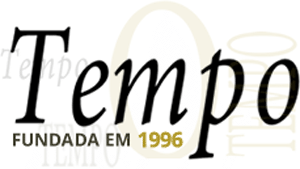Abstract:
This article starts from the study about a religious cult led by slaves and freed men who assumed the identities of the Pope and catholic saints, to insert it as one of the forms of resistance incited by the economic and social framework of Bahia, between the end of the 18th century and beginning of the 19th century, marked by the poverty of small farmers and a strong Central-West African presence. In this sense, the study analyzes the currents of the Atlantic traffic to understand the processes of miscegenation and how they may have impacted on the understanding of the sacred and the claims actions led by enslaved. The cult of the Holy Father can only be understood in association with other forms of resistance, such as mocambo and production and commercialization of flour, under the control of slaves, as evidence of a broad mobilization around the autonomy over their lives.
Keywords:
Slavery; Slave autonomy; Religiosity

 Thumbnail
Thumbnail
 Fonte: Detalhe da pintura de Johann Moritz Rugendas, 1802-1858. Viagem pitoresca através do Brasil, gravura 79. Disponível em: <http://objdigital.bn.br/acervo_digital/div_iconografia/icon94994/icon94994_154.jpg>. Acesso em: 28 nov. 2020.
Fonte: Detalhe da pintura de Johann Moritz Rugendas, 1802-1858. Viagem pitoresca através do Brasil, gravura 79. Disponível em: <http://objdigital.bn.br/acervo_digital/div_iconografia/icon94994/icon94994_154.jpg>. Acesso em: 28 nov. 2020.